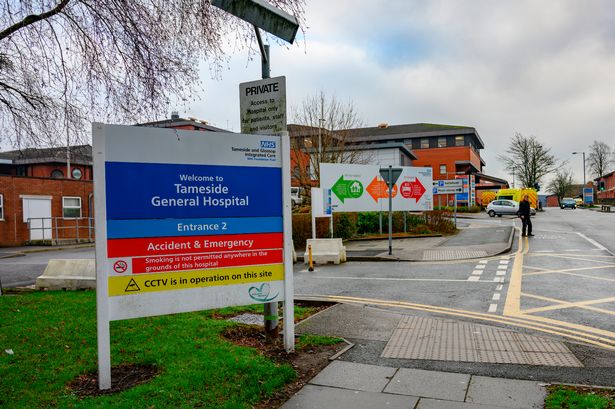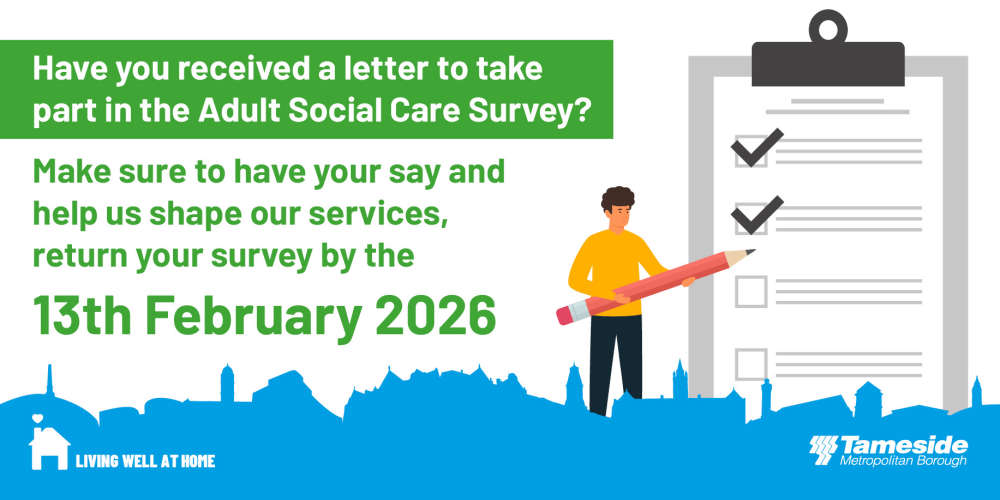
In recognition of World Hepatitis Day, Tameside Hospital is highlighting the life-changing impact of its new blood testing programme, which is helping to detect and treat cases of viral hepatitis B, hepatitis C, and HIV earlier than ever before.
Since its launch in March, the initiative has offered vital testing to anyone aged 16 or over who visits the hospital’s emergency department and needs routine blood work. The tests are carried out automatically unless patients choose to opt out.
Crucially, the programme is identifying individuals who were previously unaware they were living with hepatitis B or C, both of which can go undiagnosed for many years. If left untreated, these viral infections can lead to liver damage or even liver failure. Early diagnosis allows patients to begin treatment before complications develop, improving their long-term health and reducing the risk of transmission to others.
The initiative is also reconnecting people with care. Several patients who had previously been diagnosed with hepatitis or HIV - but had since lost contact with support services - have been brought back into the healthcare system through the new testing approach.
Tameside Hospital’s use of an “opt-out” system means that more people are being reached, including those who might not otherwise seek testing on their own. By casting a wider net, the hospital hopes to break down barriers to care and reduce the stigma that can often prevent people from coming forward.
Danielle Ashton, a matron who helped roll out the testing programme in the emergency department, says that while some people have questions about the reasons for testing, most are very supportive, and nobody has opted out yet.
“Staff in the emergency department have been so engaged and have worked incredibly hard to keep the blood-borne viruses testing programme running successfully,” Danielle said.
“Early detection is key. The sooner we can identify these viruses; the sooner we can get people on treatment to prevent further damage to their health.
“The number of lives that will be changed by this programme is unbelievable.”


 Supported housing scheme opens in Tameside
Supported housing scheme opens in Tameside
 Labour blocks Burnham from Denton by-election bid
Labour blocks Burnham from Denton by-election bid
 Tickets selling fast for Dr Kershaw's Strictly
Tickets selling fast for Dr Kershaw's Strictly
 Tameside residents invited to share views on adult social care
Tameside residents invited to share views on adult social care



